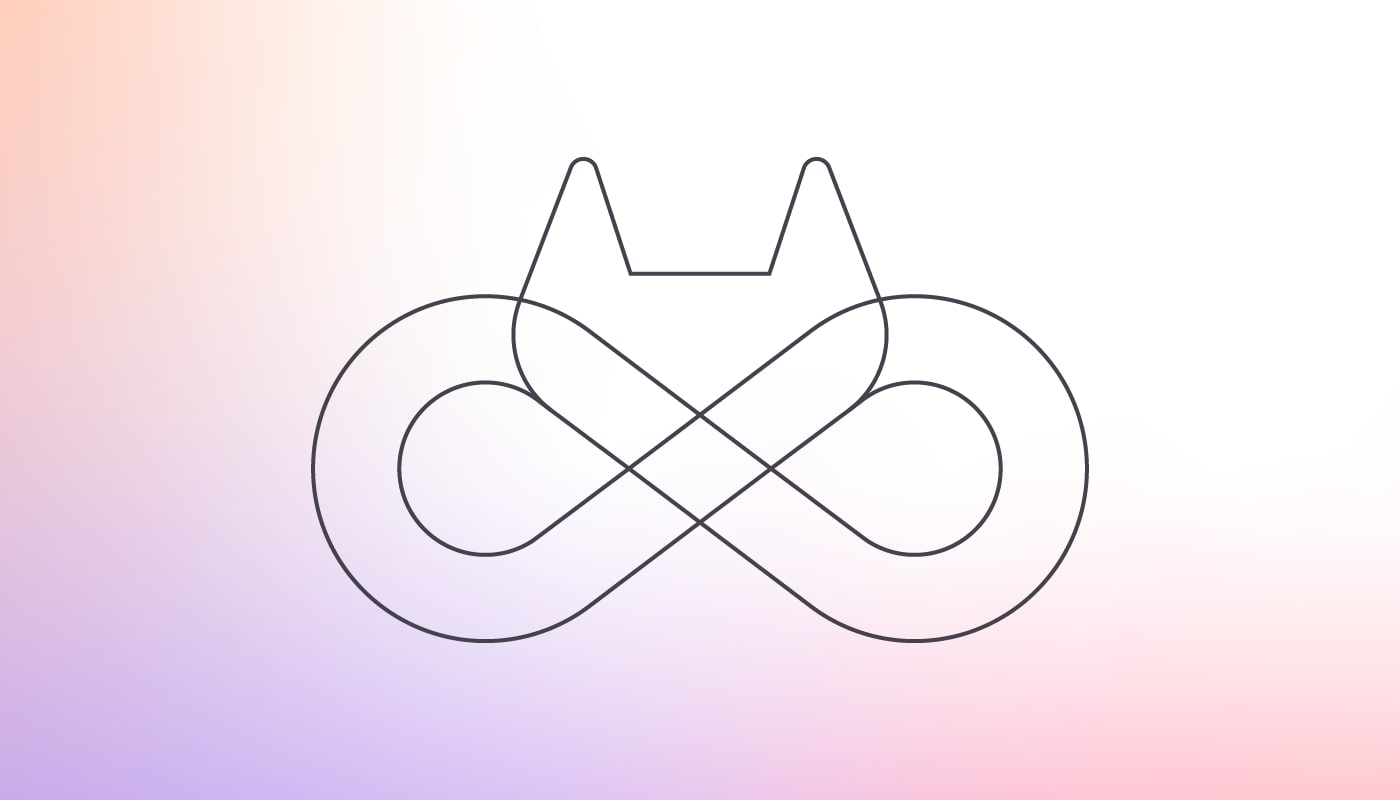Published on: July 8, 2020
5 min read
GitLab and The Forrester Wave: Continuous Delivery and Release Automation Q2 2020
GitLab named a Strong Performer in Forrester Wave for Continuous Delivery and Release Automation

Here at GitLab, we're fundamentally changing the way that organizations develop and deploy their software by offering a complete DevOps platform delivered as a single application. Excitingly enough, GitLab was recently cited as a Strong Performer in the Forrester Continuous Delivery and Release Automation (CDRA) report for Q2 2020. For this CDRA wave, Forrester evaluated a wide range of vendors to see how their CDRA capabilities stack up in relation to each other and the market at large. Forrester’s evaluation specifically ranks the strengths and weaknesses based on the capabilities of each vendor’s current offering(s), their product vision/strategy going forward, and their market presence to provide an in-depth analysis that companies can use to make the right decisions when it comes to choosing the best CDRA solution for them.
Fourteen vendors were interviewed, researched, and analyzed for this report against 26 types of criteria.
A Little Background
Continuous delivery and release automation is an area that’s quickly evolving to meet the needs of the market. This puts an immense amount of pressure on vendors to innovate just as rapidly in order to not only compete effectively, but to provide customers with the best possible solution and experience. Fortunately, we’re excited to be moving in the right direction and continuously improving our CDRA capabilities at GitLab. Since 2018, we've made significant investments to add new functionality, improve existing capabilities, and bring both our continuous delivery direction and release orchestration visions to life.
Why is CDRA important?
As technology and software development continues to advance at this feverish pace, all businesses, not just vendors, are feeling the pressure more than ever to modernize how they build, test, and deploy their applications. You've probably heard "every company is a software company" before and that's exactly what it means.
Prioritizing automation over manual development work is at the center of these transformation efforts. Why's this important? Because how a vendor fares in the realm of CDRA has a direct correlation to the strength and maturity of their CI/CD capabilities. As a result, reports like this CDRA wave act as one of many solid indicators for a vendor's ability to help businesses achieve their goals and automate their software development processes. Naturally, CDRA focuses heavily on the release/deployment automation portion of the software delivery lifecycle, but you can't automate deployments without having a solid CI implementation to automate builds/tests first. Taking that into account, an evaluation like this can go a long way in determining whether a given vendor's solution is not only right for your business today, but where you want your business to be in the future.
Key takeaways in the publication
Here’s what Forrester determined to be the key takeaways for this Wave:
CloudBees, IBM, Microsoft, Digital.ai, Broadcom, And Flexagon Lead The Pack
Visualizations Of Complex Application And Deployment Models Are Key Differentiators
As the continuous delivery market continues to consolidate, and with upstream continuous integration capabilities and higher-order management becoming the norm, vendors are competing increasingly on breadth of functionality. The ability to visualize complex application and deployment models continues to be a differentiator, as does the management of deployment outcomes. Appropriate use of advanced analytics and machine learning is also a key factor, with continuing vendor investment resulting in valuable capabilities such as improved release readiness.
Our highlights
GitLab is among vendors with highest score for these categories:
- Build automation/continuous integration
- Deployment and operations
- CDRA vision and value proposition
- Product innovation
- Market approach and viability
Forrester’s profile of GitLab:
“GitLab is expanding its comprehensive platform quickly.
“GitLab emerged from the continuous integration side of the market and, with its foundation in source control, has strong headwaters capabilities. GitLab supports continuous integration and deployment to cloud-native platforms, but support for legacy platforms is lacking. More recently, the company has added continuous delivery features, including continuous integration and deployment for Kubernetes. The product bases its application modeling on Helm charts, thus requiring Kubernetes to function. The firm grounds its strategy in a very active open source community and a clear ability to execute on this business mode. GitLab distinguishes itself as one of the fastest-innovating vendors in this evaluation."
Looking Ahead
We’re dedicated to becoming a standard of excellence in CDRA and are working diligently towards our promise of Progressive Delivery becoming a market-leading solution, as well as many other important roadmap targets such as making release management easier for our users -- with much more in store. For additional details around exactly what we have planned on the roadmap and our overall vision going forward, check out this Release vision video overview from our product team, and learn more about GitLab's continuous delivery functionality.
GitLab already excels in numerous parts of the DevOps lifecycle such as SCM, code review, CI, and cloud native development to name a few of our most mature functionality areas. Other vendors find themselves in many reports with many different products, but GitLab is the only vendor who has been listed in multiple reports with the same product, reinforcing the strength of GitLab's message of using a single application for the entire DevOps lifecycle.
We will continue to improve GitLab and provide the best possible solution for organizations to deliver better software faster. Until next time!
If you have any questions or would like to contact us about this report, you can reach us here.
